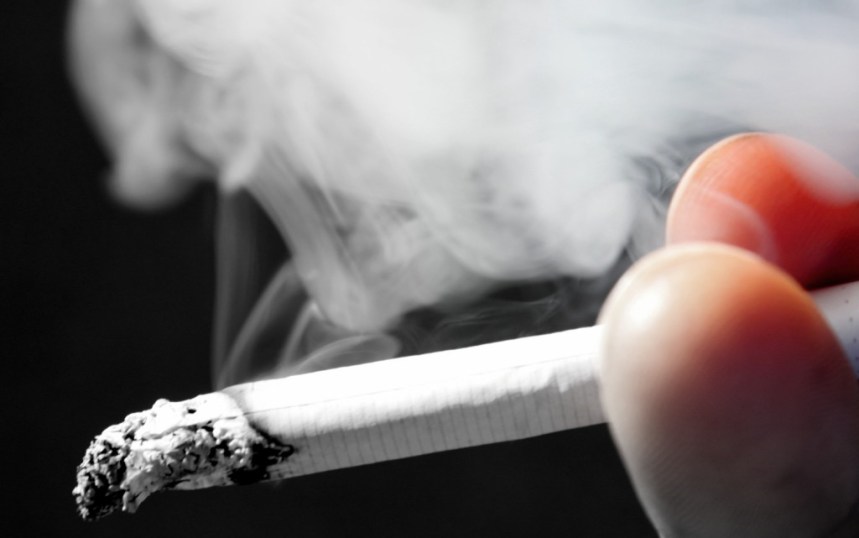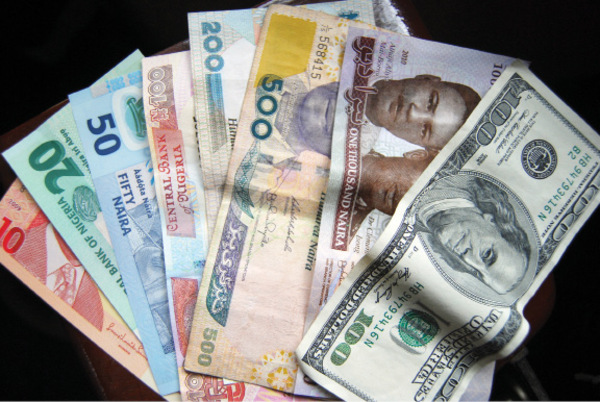Budget 2018: FG To Raise Tariffs On Tobacco, Alcoholic Drinks
The Federal Government will increase tariffs on tobacco and alcoholic drinks from January in a bid to raise revenue for its N8.6 trillion 2018 budget.
Minister of Budget and National Planning, Sen. Udoma Udo Udoma, who announced this at the budget breakdown, in Abuja, Wednesday, added that N311 billion would be generated from the privatisation of public enterprises and sale of government assets.
He said: “We have taken on board some of key reform initiatives contained in ERGP in 2018 budget, e.g deployment of new technology to improve revenue collection, upward review of tariffs and tax rates where appropriate tighter performance management framework for State Owned Enterprises, SOEs.
“A total of N306 billion is expected from privatisation and N5 billion from sale of other government’s property to part finance the deficit.“
He said oil revenue would contribute 37 per cent of the total revenue of N6.6 trillion, while Companies Income Tax, Value Added Tax and Customs would account for 12 per cent, 3.1 per cent and 4.9 percent of the projects revenue for 2018.
Others, according to him, are recovered looted funds, 7.8 per cent; tax amnesty, 1.3 per cent; signature bonus, 1.7 per cent; joint venture equity restructuring, 10.7 per cent; grants and donors funding, three per cent; and others, 5.5 per cent. 2017 Budget performance
Earlier, the minister said the revenue target for the first half of 2017 was largely achieved, with a record of 86 percent performance.
He said with a revenue budget of N 5.08 trillion, Quarter 3 pro-rata should have been N3.81 trillion, while actual was N3.29 trillion, representing 86 percent.
The revenue details showed that oil revenue performance was virtually on target. Budget for the year was N2.122 trillion, January-June pro-rata was put atN1.591 trillion, while actual was N1.577 trillion, representing N14. billion or 1 percent below target.
This could have been made possible by the relative peace in the Niger Delta as daily output averaged 1.9 million barrel per day (bpd), against the targeted 2.2 million bpd.
Customs also showed a strong performance as it collected N207 billion out of the expected N208 billion for the January to June period, presenting one percent less. It was given a budget of N277.6 billion for the year.
However, federal government independent revenue recorded a dismal performance between January and June.
Out of an annual budget of N807.6 billion, only N155 billion was realized within the first half of the year, when N605.7 was targeted, representing a 74 percent below budget. Similarly, Non-oil revenue performance was also far below expectation.
N1.379 trillion was budgeted for 2017. Pro-rata, 1.034 trillion was expected in the first half but actual collection was N710 billion, representing 31 per cent below target.
On the expenditure side, the minister said that out of the N7.44 trillion for the year under review, N5.58 was supposed to have been spent at the end of the third quarter and N4.87 (87%) was actually spent within the period. However, capital spending was not as impressive. N720 billion was budgeted to be spent at the end of third quarter of the annual budget of N2.7 trillion.
However, only N320 billion had been spent on capital projects at the end of the third quarter of the year.
That figured was raised to N450 billion at the end of October, according to the minister. “Spending on capital has been prioritised in favour of critical ongoing infrastructural projects, such as power, roads, rail, agriculture.
“The N100 billion Sukuk Bond raised in October, for instance, was deployed to construction of 25 roads around the country,” Sen. Udoma said.
On the spending pattern in the 2018 budget, the minister revealed that Personnel cost of Ministries, Departments and Agencies account for 61% of non-debt recurrent.




